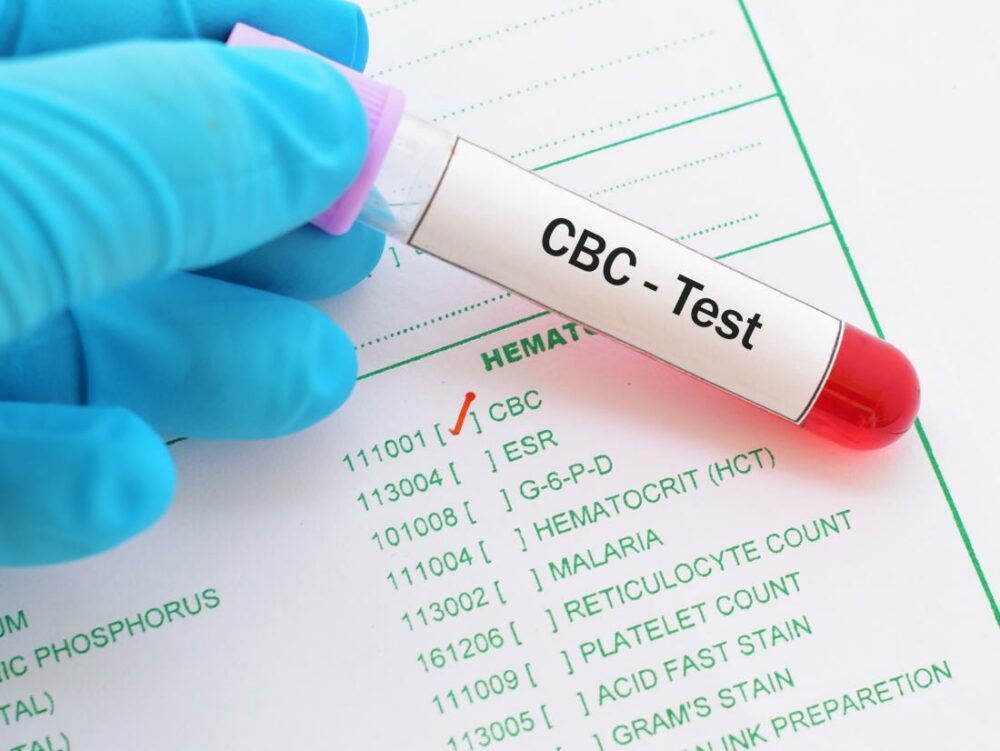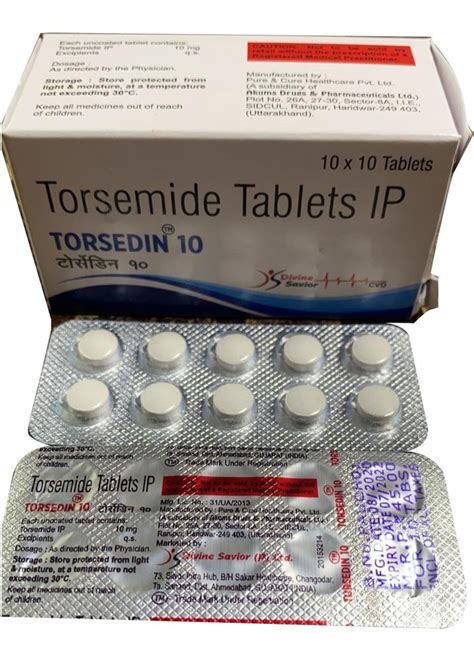What Is Cbc Blood Test

A Complete Blood Count (CBC) test, also known as a full blood count or blood panel, is a comprehensive diagnostic tool used to evaluate an individual’s overall health and detect a wide range of conditions, including anemia, infection, inflammation, and blood disorders. This test measures various components of the blood, providing valuable insights into the body’s physiological and pathological processes.
What does a CBC blood test measure?
A CBC test typically measures the following parameters:
- Red Blood Cell (RBC) count: The number of red blood cells in the blood, which carry oxygen to the body’s tissues.
- Hemoglobin (Hb) level: The amount of hemoglobin, a protein in red blood cells that binds oxygen, in the blood.
- Hematocrit (Hct) level: The proportion of red blood cells in the blood, expressed as a percentage.
- White Blood Cell (WBC) count: The number of white blood cells, which help fight infection and disease.
- Platelet count: The number of platelets, which play a crucial role in blood clotting.
- Mean Corpuscular Volume (MCV): The average size of red blood cells.
- Mean Corpuscular Hemoglobin (MCH): The average amount of hemoglobin in red blood cells.
- Mean Corpuscular Hemoglobin Concentration (MCHC): The average concentration of hemoglobin in red blood cells.
- Red Cell Distribution Width (RDW): A measure of the variation in red blood cell size.
- White Blood Cell Differential: A breakdown of the different types of white blood cells, including neutrophils, lymphocytes, monocytes, eosinophils, and basophils.
Why is a CBC blood test performed?
A CBC test is commonly performed to:
- Diagnose and monitor anemia: A condition characterized by a lack of red blood cells or hemoglobin.
- Detect infection or inflammation: An elevated white blood cell count can indicate the presence of an infection or inflammatory condition.
- Monitor blood disorders: Such as leukemia, lymphoma, or myeloproliferative disorders.
- Evaluate blood clotting: Abnormal platelet counts or function can increase the risk of bleeding or clotting disorders.
- Monitor chemotherapy or radiation therapy: A CBC test can help assess the effects of cancer treatment on the blood.
- Screen for underlying medical conditions: Such as kidney disease, liver disease, or autoimmune disorders.
How is a CBC blood test performed?
A CBC test is typically performed using a blood sample collected from a vein in the arm. The sample is then sent to a laboratory for analysis, where the various components of the blood are measured using automated or manual techniques.
What are the risks and limitations of a CBC blood test?
While a CBC test is generally a safe and low-risk procedure, there are some potential limitations and risks to consider:
- Blood sampling errors: Incorrect blood sampling techniques can lead to inaccurate results.
- Interference from other medical conditions: Certain medical conditions, such as dehydration or blood transfusions, can affect the accuracy of CBC results.
- Laboratory errors: Human error or equipment malfunctions can occur during the testing process.
- Limited diagnostic capability: A CBC test is not a definitive diagnostic tool and may not detect all types of blood disorders or conditions.
In conclusion, a CBC blood test is a valuable diagnostic tool that provides insights into an individual’s overall health and can help detect a range of conditions. While it is a relatively safe and low-risk procedure, it is essential to understand the potential limitations and risks associated with the test.
What is the normal range for a CBC test?
+The normal range for a CBC test varies depending on the individual’s age, sex, and other factors. Generally, the normal ranges are: RBC count: 4.32-5.72 million cells/μL, Hemoglobin: 13.5-17.5 g/dL, Hematocrit: 40-54%, WBC count: 4,500-11,000 cells/μL, Platelet count: 150,000-450,000 cells/μL.
How often should I get a CBC test?
+The frequency of CBC tests depends on individual factors, such as age, medical history, and current health status. Generally, healthy adults may not need regular CBC tests, while individuals with underlying medical conditions or those undergoing treatment may require more frequent testing.
Can a CBC test detect cancer?
+A CBC test can detect abnormal blood cell counts, which may indicate the presence of cancer. However, a CBC test is not a definitive diagnostic tool for cancer, and further testing, such as imaging studies or biopsies, may be necessary to confirm a diagnosis.



